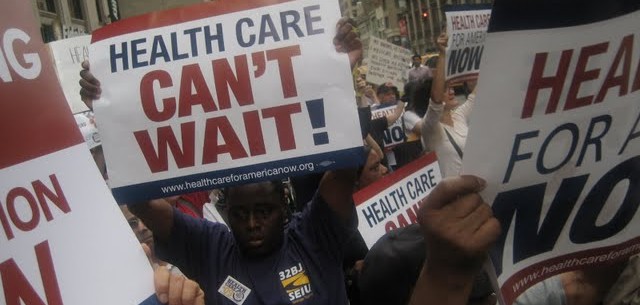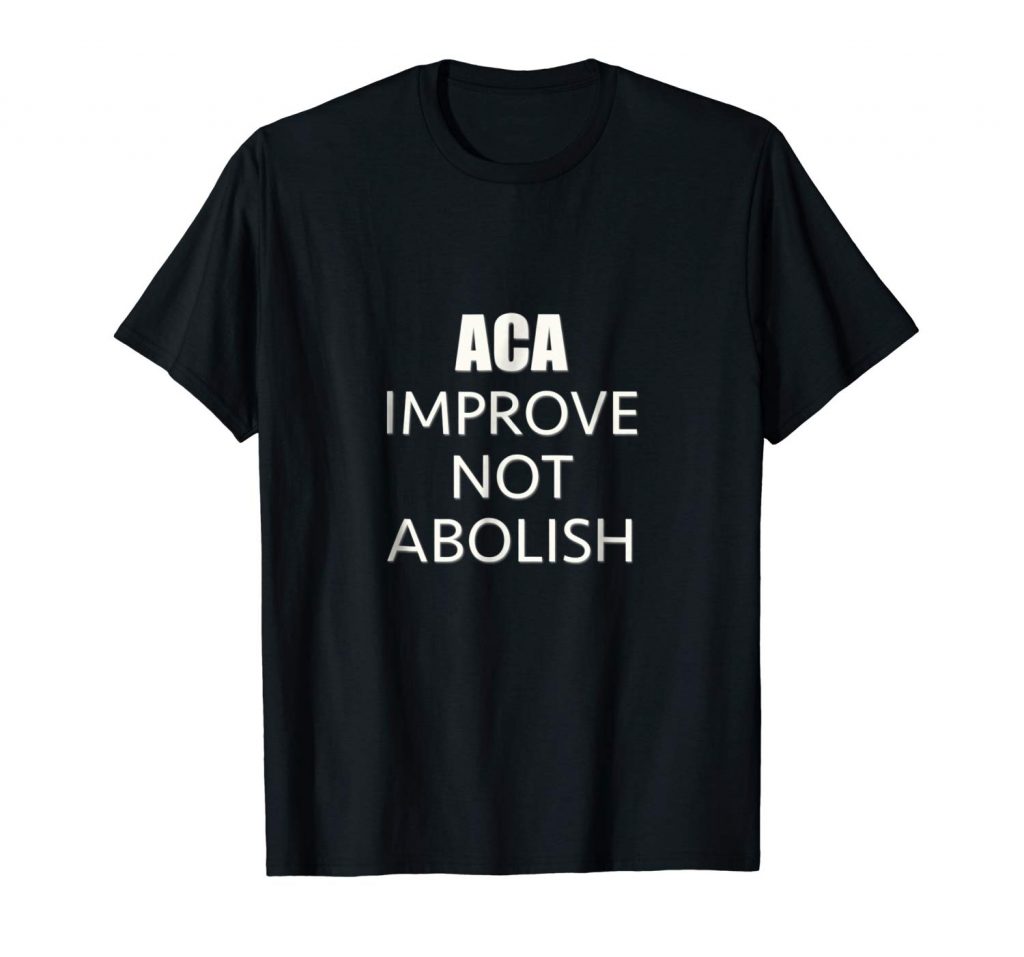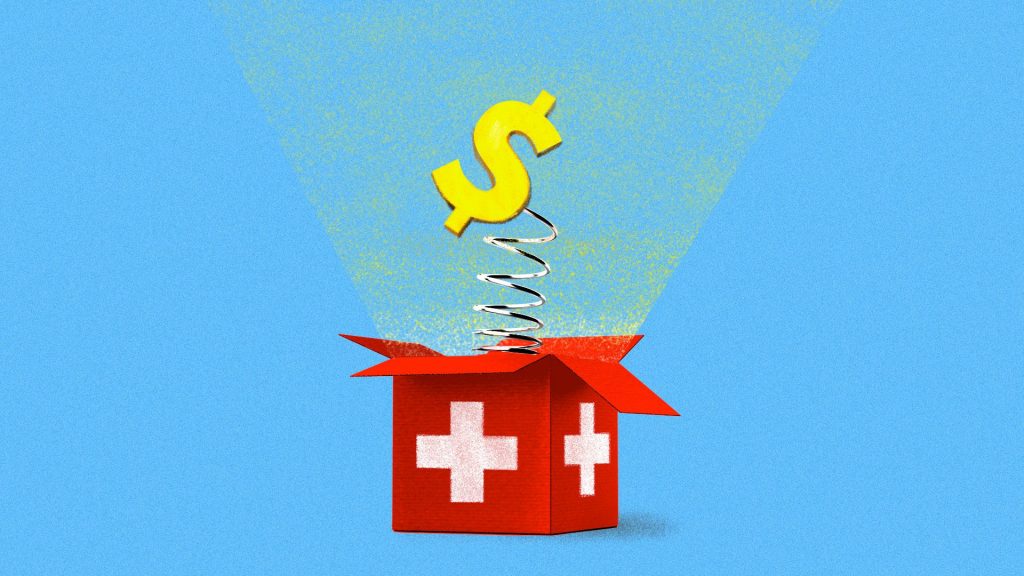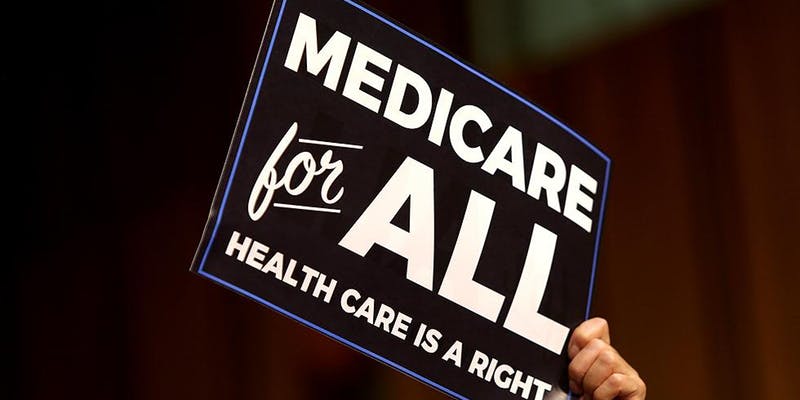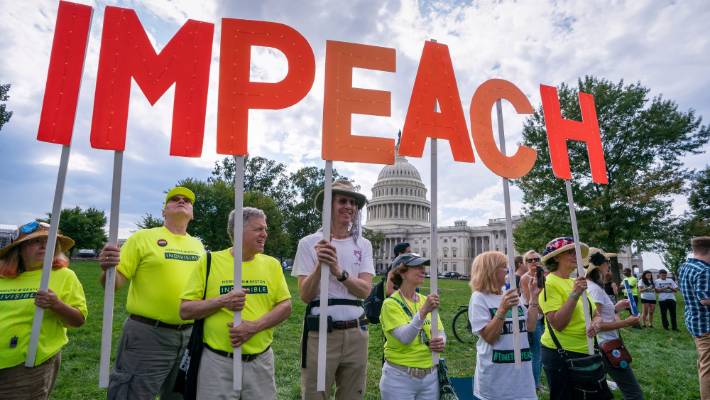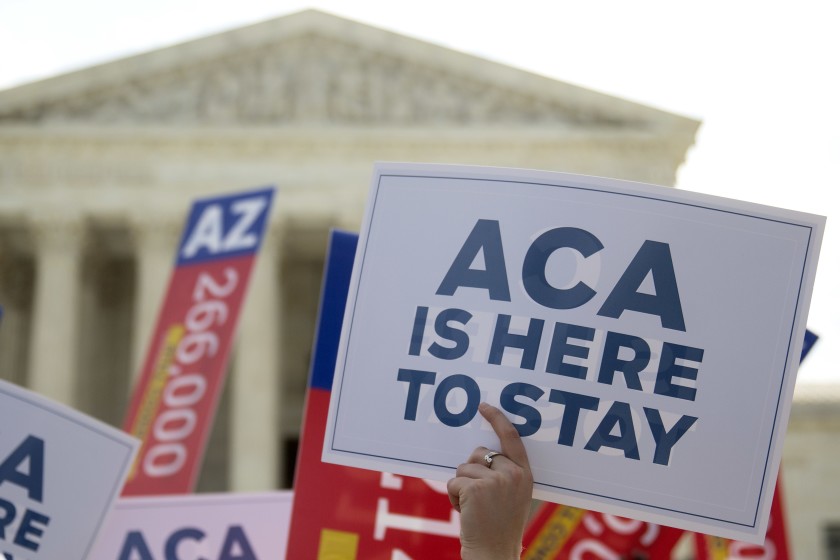Throughout this year, the New York State Senate and Assembly Health Committees are holding a series of joint hearings across the state that are focusing on the New York Health Act (S.3577, A.5248)., a bill to create a fully-public universal health care program for all New York residents The first hearing was held in Albany late last spring — it was jam-packed and lasted over 13 hours, and garnered much local media attention. The second was held in early October in Western New York, at the Memorial Art Gallery in Rochester — it too was well attended, lasted most of the day, and got covered by local media. The third took place in New York City in late October at the Bronx Library Center– over 40 people testified over the course of a full day. A final hearing is planned for November in the Hudson Valley — the date and location are to be announced.
Below is the testimony we presented at the New York City hearing on October 23rd.

“Since our coalition’s founding 26 years ago, we have supported various proposals and legislation that both fully embody and incrementally move our state and nation towards a universal health care program. We do not believe either approach to be in opposition to the other, but rather they are complementary – one reinforces and advances the other both policywise and politically. We therefore call on the Legislature and Governor to do the same: that is, to push for a unitary bold and comprehensive program, while at the same time taking other strategic interim steps forward to lay groundwork.
“It is in this vein that we understand and support the New York Health Act, as we have since our very first days as a coalition. This bill, should it be enacted by the Legislature and signed into law by the Governor, will have to be put in place in phases, so it’s helpful for us to think of it in that way. In sum, this bill lays out a journey that we will all be embarking on, and a framework we will be working from. first crafting and enacting legislation, next crafting and adopting rules and regulations, and finally implementing it as law over a defined period of time.
“As this bill moves forward in the legislative process, we recognize that changes will be made, both for policy and political reasons, so that the public in all our variety is behind the effort in every step in the process. Several of our coalition’s union partners, while certainly supportive of the bill’s goals and principles, have expressed legitimate concerns about some aspects of the bill that they worry may leave their members less well off. We commend your efforts as chairpersons to engage with them to address their concerns, and urge you to continue that process. We also thank the New York State AFL-CIO for taking leadership to bring our state’s trade union community together to help forge resolutions.
“With that in mind, we call for your committees and all stakeholders to focus on the following goals as we proceed:
- “Universality – When all is said and done, ALL New Yorkers must have good health coverage in place in coverage that they can rely on when accessing care. We believe that public programs are the best foundations to build upon, and we believe that a unitary program is best to create.
- “Affordability – ALL New Yorkers must be able to afford the care they and their families need and receive. We believe a system of progressive taxation with little to no payment at the point of service is the best way to finance the provision of services.
- “Accessibility – As universal coverage comes in place, ALL New Yorkers must have a place to go to get the care they need in their local communities, from culturally-competent providers they know, trust, and freely choose. An insurance card alone is not enough, and requiring people to travel long distances will not work.
- “Comprehensiveness – ALL services deemed necessary by patients, their families, and their providers must be covered, including medical, dental, mental health, reproductive health, substance use treatment, and long-term care for people with chronic illnesses and disabilities.
- “Simplicity – The terms “byzantine” and “Kafkaesque” don’t even begin to describe the nature of our state’s health care system, and an average patient’s experience of seeking and paying for services. If this bill does nothing else, it must make our state’s health care system vastly easier for the everyday person to understand and use.
- “Patient-at-the-center – At the end of the day, any and all changes and reforms of our health care system must be centered around the concerns and priorities of the patient, and not the systemic priorities of any entities providing and financing care. The patient comes first, and the system must adapt to meet their needs even if deemed by elements of the system to be “inefficient.”
- “Accountability – Given that our state’s resources for health care are not limitless, all aspects of our health care system must be subject to rigorous oversight by state authorities to assure the highest quality and scope of care for the investments we make, and to hold the components of our delivery and payment systems accountable for all patients’ access, costs, care experience, and treatment outcomes.
- “Equity – Like all aspects of our society, there is a long and shameful history of disparities and inequities in treatment throughout our health care and coverage systems based on race, ethnicity, nationality, spoken language, gender and gender identity expression, disability, sexual orientation, and other demographic factors. Whatever gets created and changed by the New York Health Act must mitigate and ameliorate this history, as well as address its historic impacts in the manner of restorative justice.
- “Government in the driver’s seat – Overall, what is most hopeful about the New York Health Act is that it envisions taking health care out of the for-profit sector and placing it firmly in the public and non-profit sectors. To the extent any for-profit entities would continue to play any role in the provision of and payment for services, they should be highly regulated. We strongly support these changes. We believe that health care is a public and social good, a human right, and it should no longer be subject to the vagaries and cruelties of the free market with its consequent winners and losers.
- “Promoting health – The proper role of a health care system is to, as best as possible, restore people to well-being in the event of illness and injury, and to keep them healthy. Doing so also contributes to the public health of our state, so a universal health care program needs to explicitly affirm and embrace such a responsibility.
“In closing, we thank and salute both of you and your committees for putting forth the New York Health Act as the next step in our state’s long and proud tradition of addressing the health care needs of all New Yorkers. Among states, we have the among the most robust Medicaid, Child Health Insurance, and Affordable Care Act marketplace programs. It’s now time to take the next step and move toward a full universal health care program as envisioned by your bill. Our coalition stands ready and willing to work with your committees, your colleagues in the Legislature, and the Governor to sort it all out and get the job done.”
